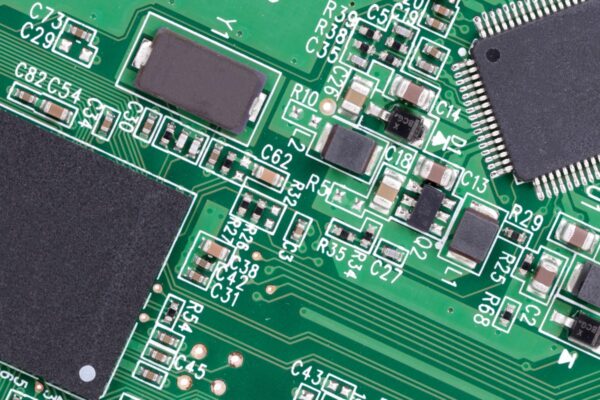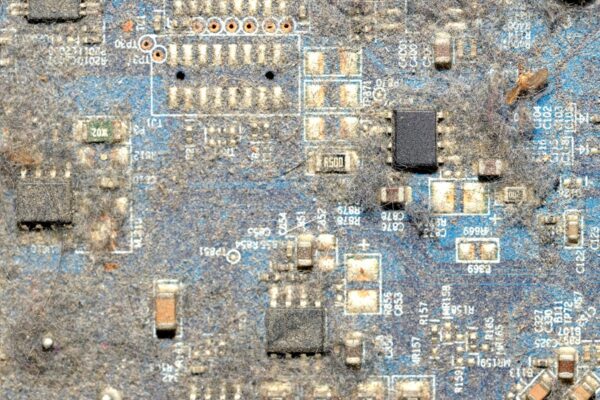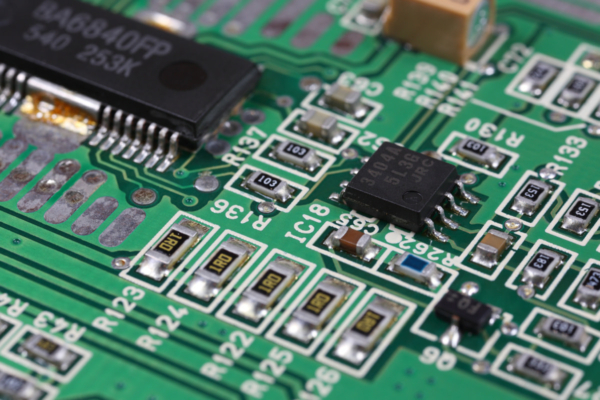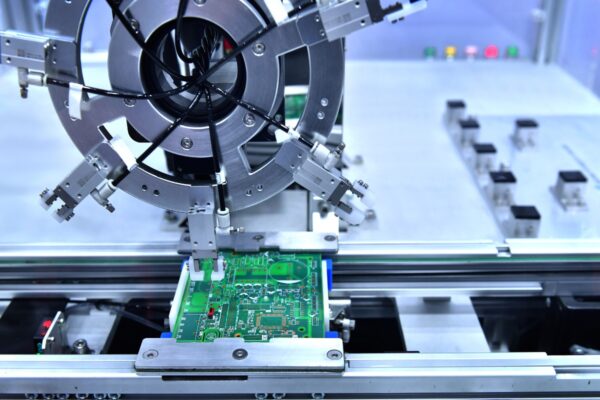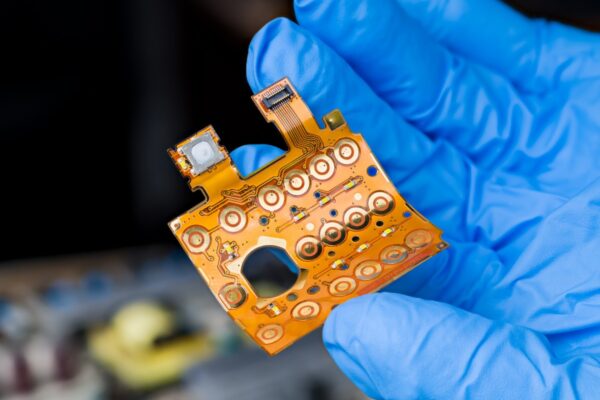What is Alkyd
Alkyd is a term used in the PCB industry to describe a type of resin that is commonly used for coating applications. It is a thermosetting resin that offers excellent electrical properties, making it suitable for molding the bodies of components. Alkyd resins are created through a condensation process involving a polyfunctional alcohol and a polyfunctional acid, typically a dibasic acid. These resins are further modified by reacting with fatty acids, which enhance their coating properties, such as flexibility.
There are different types of alkyd resins based on the degree of fatty acid modification. These include short chain alkyd resins, medium chain oil alkyd resins, and long chain alkyd resins. The specific fatty acids used in the manufacturing process can vary, with options like soya, soya and linseed mixtures, tofa, and coconut oil fatty acids.
Alkyd resins are often combined with alkylated amino resins and inorganic earth fillers in film-forming organic mixtures. The alkylated amino resin acts as a catalyst, promoting the curing process of the alkyd resin. Inorganic earth fillers, such as Panamint Earth, may also be added to enhance certain properties of the coating.
